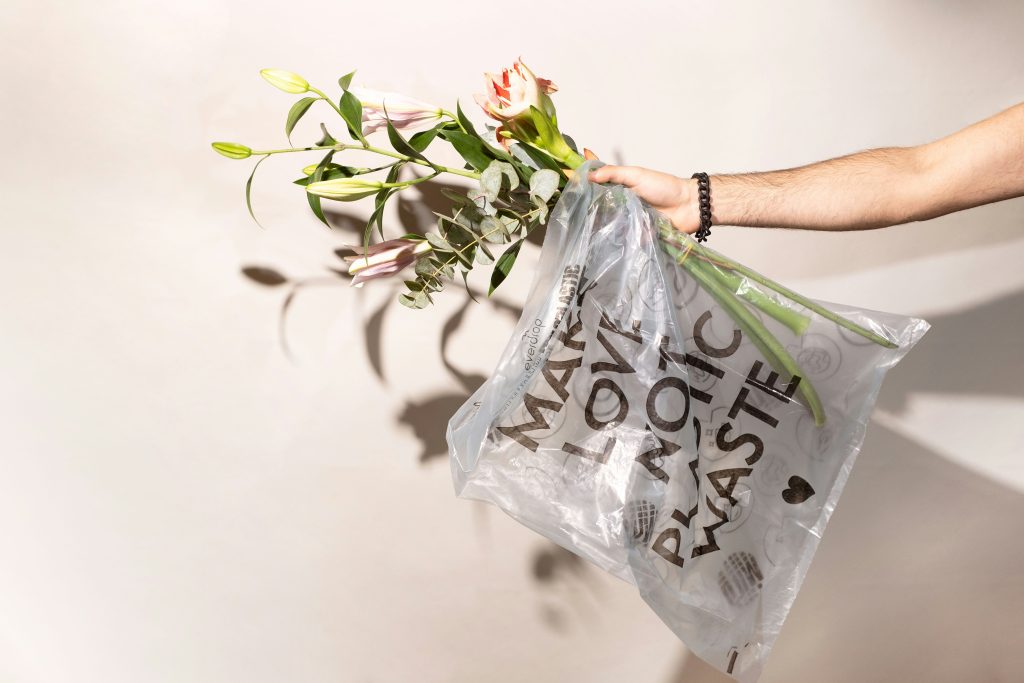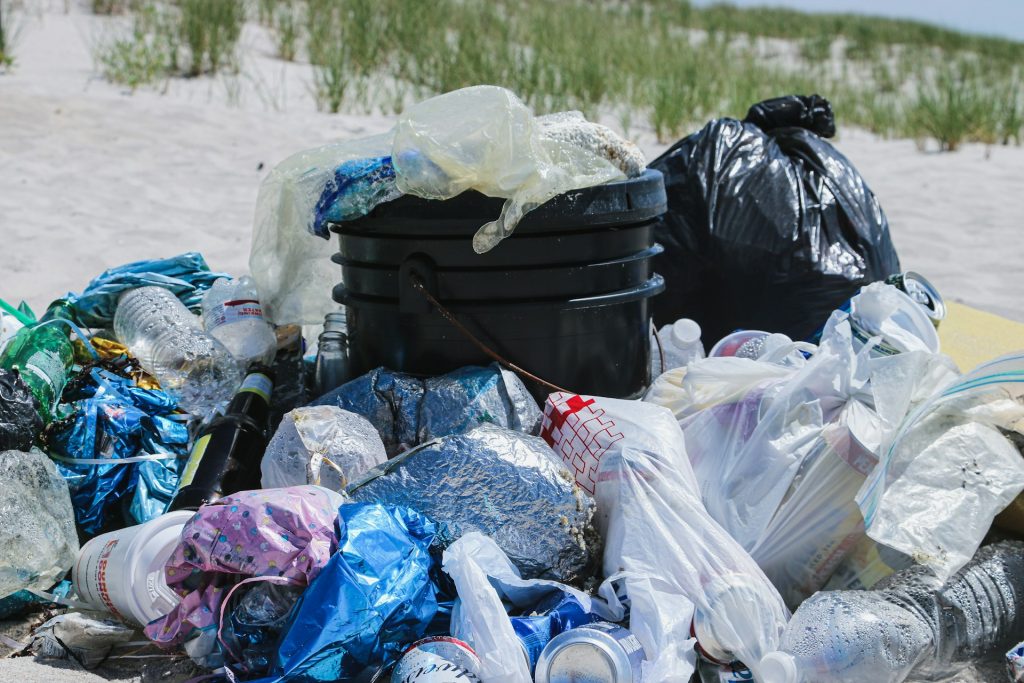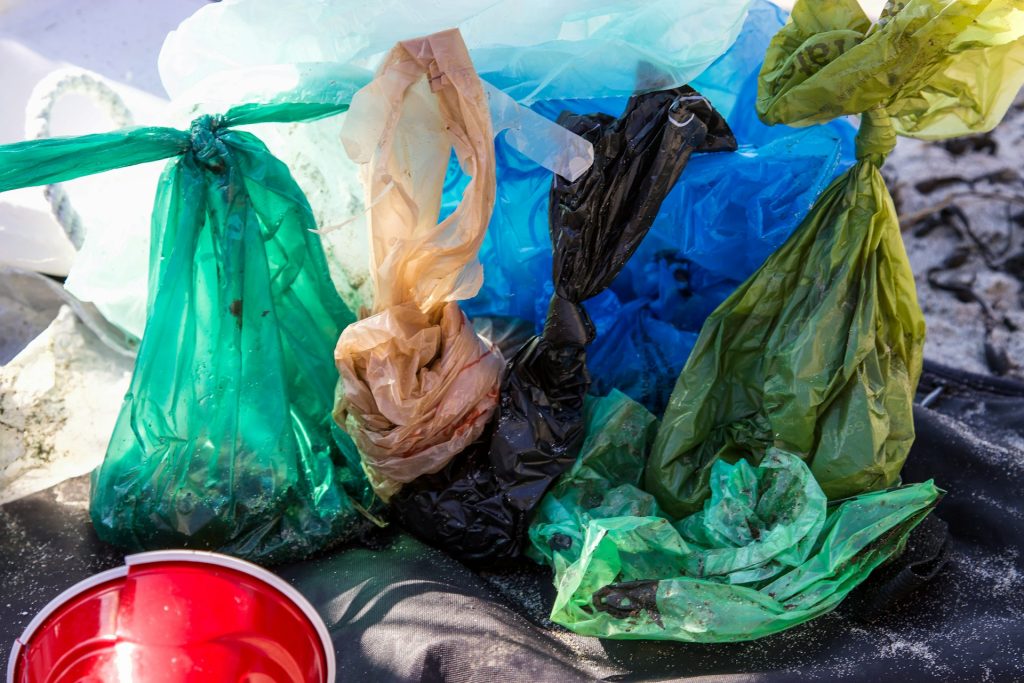Plastic bags, often considered a convenient but environmental nuisance, can find a second life through recycling. Most plastic bags are crafted from high-density polyethylene (#2 plastic), with thinner produce bags typically made from low-density polyethylene (#4 plastic). Here’s a comprehensive guide on how to recycle plastic bags, highlighting their impact on the environment and the recycling process.

Plastic Bag Recycling Preparation
Begin by removing any foreign items from inside the bags, such as receipts, stickers, or crumbs. These contaminants can hinder the recycling process.
Establish a bag collection bin at home, utilizing a large garbage bag for efficient storage. Plastic bags compact easily, allowing you to store 50 to 100 bags in one garbage bag.
Verify that the bags you intend to recycle bear a #2 or #4 plastic symbol. If not, consider reusing them before eventually disposing of them.
Why Recycle Plastic Bags
Understanding the importance of recycling plastic bags is crucial for fostering sustainable habits. Plastic bags contribute significantly to marine debris, where they are often mistaken for food by birds and fish. Moreover, plastic bags do not biodegrade, requiring hundreds of years to decompose in landfills. Recycling one ton of plastic bags, equivalent to about 450,000 bags, conserves 11 barrels of oil.
Plastic Bag Recycling Process
The plastic bag recycling process involves chipping the bags into pellets. While these pellets can be reprocessed into new bags, they are frequently sent to companies like Trex, where they are transformed into plastic lumber.

Frequent Plastic Bag Recycling Questions
Can plastic bags be recycled in curbside programs?
Some curbside programs on the coasts accept plastic bags, but it is crucial to check with your local program, as plastic bags are often a source of contamination and can cause issues in recycling machinery.
How do I find a bag collection bin?
National grocery retailers, including Kroger, Safeway, Target, and Walmart, and many smaller retailers offer bag recycling collections. These bins are typically located near the store’s entrance.
Paper or plastic bags: which is better for the environment?
In terms of production, paper bags demand 2.2 times more energy and 4.7 times more water than plastic bags. While both are recyclable, paper bags are accepted in more curbside programs, and they biodegrade. For an eco-friendly alternative, consider reusable bags that last for years.
Does bag color matter for recycling?
Black plastic bags are harder to recycle as their dye produces dark pellets, limiting reprocessing options. These bags are sometimes omitted from store collection bins.
Are there states that require plastic bag recycling?
While no states mandate plastic bag recycling, several have implemented bag bans, bag taxes, or laws requiring retailers to accept bags for recycling. These measures are often found in areas along major waterways, with taxes funding water cleanup initiatives.

Embracing plastic bag recycling practices is a small but impactful step towards a more sustainable future. By understanding the process and making informed choices, individuals can contribute to reducing the environmental footprint associated with plastic bags.





